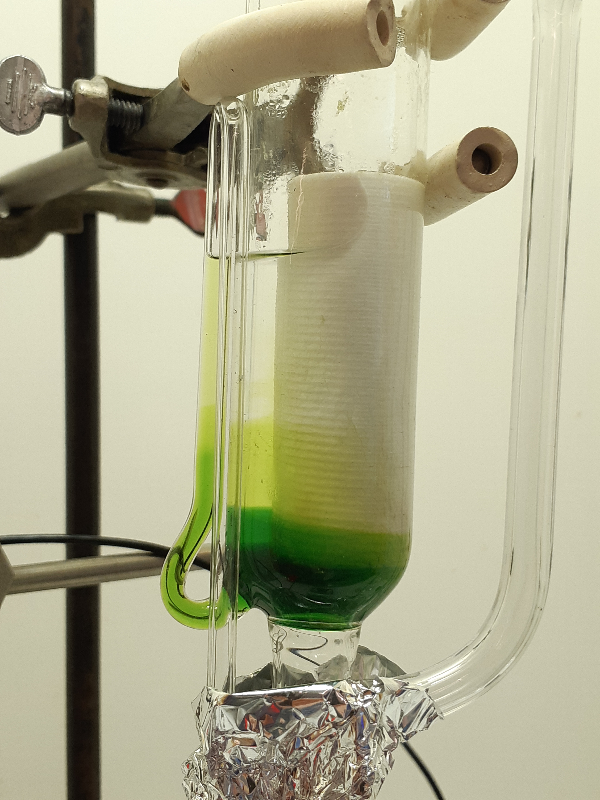Kursen består av föreläsningar med kopplade inlämningsuppgifter samt seminarier där studenterna muntligen presenterar aktuella forskningsfrågor inom polymerkemi.
Tidsåtgång för kurs: INL1 – 110 timmar, SEM1 – 50 timmar

Kursomgångar saknas för aktuella eller kommande terminer.
Notera: all information från kursplanen visas i tillgängligt format på denna sida.
Kursplan FKF3090 (VT 2022–)Kursen består av föreläsningar med kopplade inlämningsuppgifter samt seminarier där studenterna muntligen presenterar aktuella forskningsfrågor inom polymerkemi.
Tidsåtgång för kurs: INL1 – 110 timmar, SEM1 – 50 timmar
Olika polymerisationsprocesser med avseende på kemiska mekanismer, ingående reaktanter, olika delsteg, bireaktioner, kinetik och modifieringar jämförs och diskuteras. Kursen avser att ge kunskap och redskap för att designa nya polymerer. Detta är en påbyggnadskurs i polymerkemi vars innehåll ska ge fördjupning och allmänbildning i polymerers kemi, struktur, tillverkning och modifieringsprocesser. Det är inte en sammanhängande kurs liknande grundkursen i polymerkemi för teknologer som ska spänna upp en helhet, utan snarare en metodikkurs som ska komplettera och fördjupa kunskaperna från grundkursen. Kursen ska stimulera till kritisk granskning och diskussion kring aktuella syntesvägar, såväl befintliga som nya, inom området.
Efter avslutad kurs ska doktoranden ha kunskap och förmåga att:
Behörig till studier på forskarnivå samt godkänd grundkurs i polymerkemi.
Kurs på masternivå i polymerkemi/polymersyntes
Examinator beslutar, baserat på rekommendation från KTH:s handläggare av stöd till studenter med funktionsnedsättning, om eventuell anpassad examination för studenter med dokumenterad, varaktig funktionsnedsättning.
Examinator får medge annan examinationsform vid omexamination av enstaka studenter.
När kurs inte längre ges har student möjlighet att examineras under ytterligare två läsår.
För godkänd kurs krävs godkänt på samtliga inlämningsuppgifter samt muntlig presentation vid seminarium.
Närvaro vid 80 % av föreläsningarna
Ersätter 3E5001
Antal platser: 30